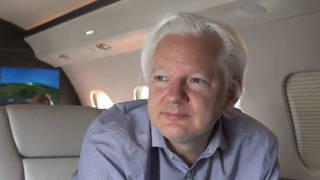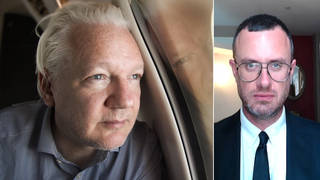There has been a fascinating, near unanimous condemnation among the cognoscenti about the seemingly careless addition of Jeffrey Goldberg of The Atlantic to the chat chain of Signal by US National Security Advisor Michael Waltz. Condemnation of the error spans the spectrum from clownish to dangerous. There has been virtually nothing on the importance of such leaks of national security information and the importance they serve in informing the public about what those in power are really up to.
Rather than appreciate the fact that there was a journalist there to receive information on military operations that might raise a host of concerns (legitimate targeting and the laws of war come to mind), there was a chill of terror coursing through the commentariat and Congress that military secrets and strategy had been compromised. Goldberg himself initially disbelieved it. “I didn’t think it could be real.” He also professed that some messages would not be made public given the risks they posed, conceding that Defense Secretary Pete Hegseth’s communications to the group “contained operational details of forthcoming strikes on Yemen, including information about targets, weapons the US would be deploying, and attack sequencing.”
This seemingly principled stance ignores the bread-and-butter importance of investigative reporting and activist publishing, which so often relies on classified material received via accident or design. Normally, the one receiving the message is condemned. In this case, Golberg objected to being the recipient, claiming moral high ground in reporting the security lapse. Certain messages of the “Houthi PC small group channel” were only published by The Atlantic to throw cold water on stubborn claims by the White House that classified details had not been shared.
The supposed diligence on Goldberg’s part to fuss about the cavalier attitude to national security shown by the Trump administration reveals the feeble compromise the Fourth Estate has reached with the national security state. Could it be that WikiLeaks was, like the ghost of Banquo, at this Signal’s feast? Last year’s conviction of the organisation’s founding publisher, Julian Assange, on one count of conspiracy to obtain and disclose national defence information under the Espionage Act of 1917, or section 793(g) (Title 18, USC), might have exerted some force over Goldberg’s considerations. Having been added to the communication chain in error, the defence material could well have imperilled him, with First Amendment considerations on that subject untested.
As for what the messages revealed, along with the importance of their disclosure, things become clear. Waltz reveals that the killing of a Houthi official necessitated the destruction of a civilian building. “The first target – their top missile guy – we had positive ID of him walking into his girlfriend’s building and it’s now collapsed.” Vance replies: “Excellent.”
As Turse reminds us in The Intercept, this conforms to the practices all too frequently used when bombing the Houthis in Yemen. The United States offered extensive support to the Saudi-led bombing campaign against the Shia group, one that precipitated one of the world’s gravest humanitarian crises. That particular aerial campaign rarely heeded specific targeting, laying waste to vital infrastructure and health facilities. Anthropologist Stephanie Savell, director of the Costs of War project at Brown University, also noted in remarks to The Intercept that fifty-three people have perished in the latest US airstrikes, among them five children. “These are just the latest deaths in a long track record of US killing in Yemen, and the research shows that US airstrikes in many countries have a history of killing and traumatizing innocent civilians and wreaking havoc on people’s lives and livelihoods.”
The appearance of Hillary Clinton in the debate on Signalgate confirmed the importance of such leaks, and why they are treated with pathological loathing. “We’re all shocked – shocked!” she screeched in The New York Times. “What’s worse is that top Trump administration officials put our troops in jeopardy by sharing military plans on a commercial messaging app and unwittingly invited a journalist into the chat. That’s dangerous. And it’s just dumb.” As a person with a hatred of open publishing outlets such as WikiLeaks (her own careless side to security was exposed by the organisation’s publication of emails sent from a private server while she was Secretary of State), the mania is almost understandable.
Other countries, notably members of the Five Eyes alliance system, are also voicing concern that their valuable secrets are at risk if shared with the Trump administration. Again, the focus there is less on the accountability of officials than the cast iron virtues of secrecy. “When mistakes happen, and sensitive intelligence leaks, lessons must be learned to prevent that from recurring,” Canadian Prime Minister Mark Carney stated gravely in Halifax, Nova Scotia. “It’s a serious, serious issue, and all lessons must be taken.”
Former chief of Canada’s intelligence agency, Richard Fadden, was even more explicit: “Canada needs to think about what this means in practical terms: is the United States prepared to protect our secrets, as we are bound to protect theirs?”
Signalgate jolted the national security state. Rather than being treated as a valuable revelation about the latest US bombing strategy in Yemen, the obsession has been on keeping a lid on such matters. For the sake of accountability and the public interest, let us hope that the lid on this administration’s activities remains insecure.
The post Secrecy and Virtue Signalling: Another View of Signalgate first appeared on Dissident Voice.
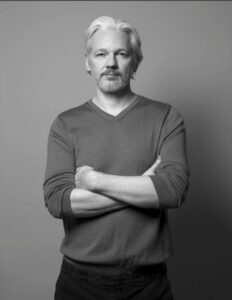







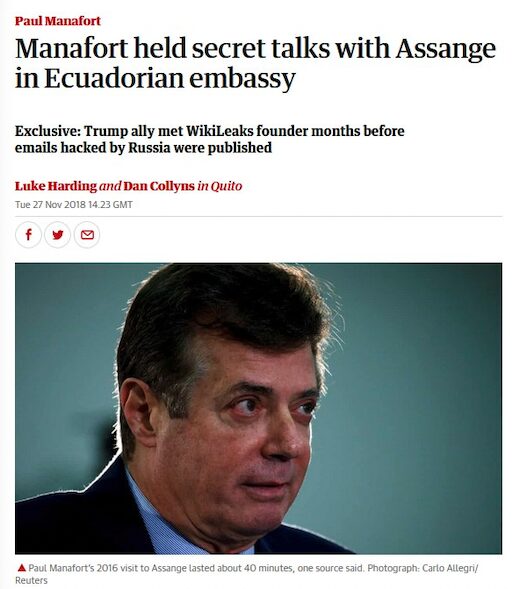
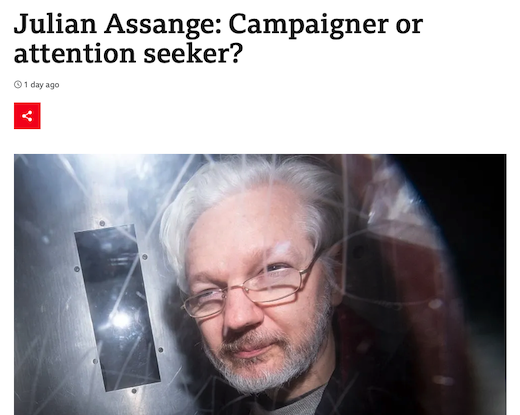
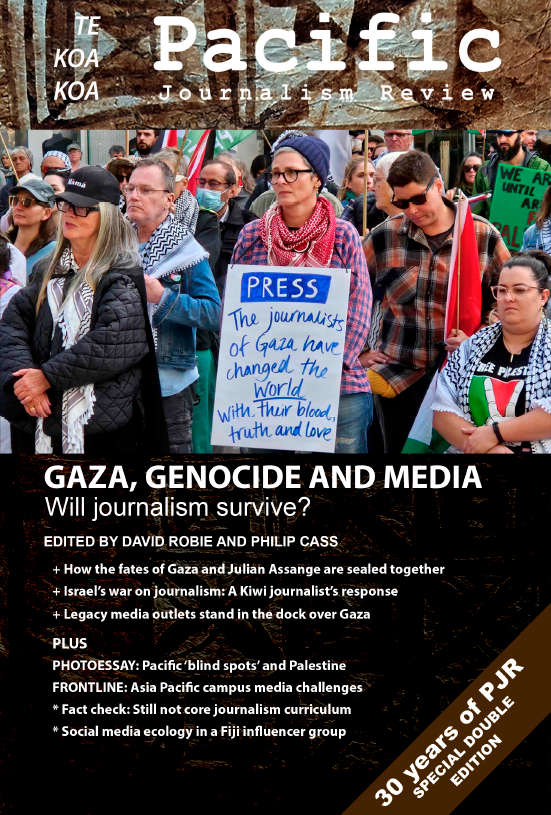
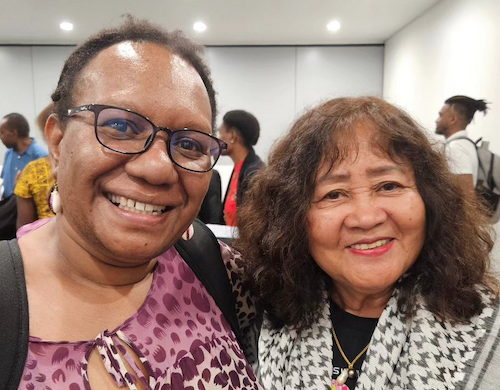
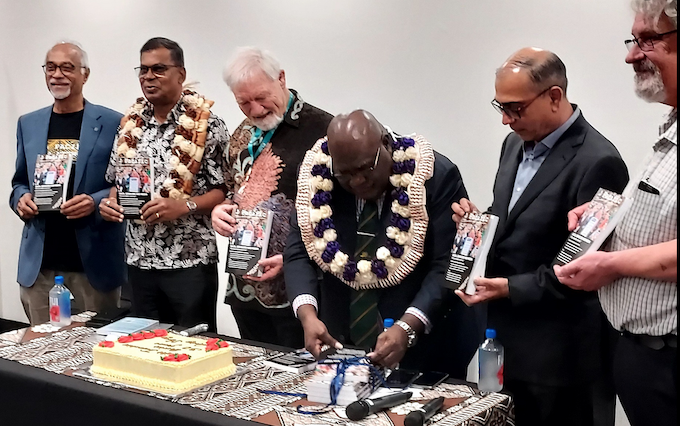





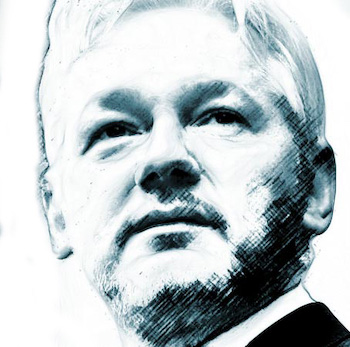

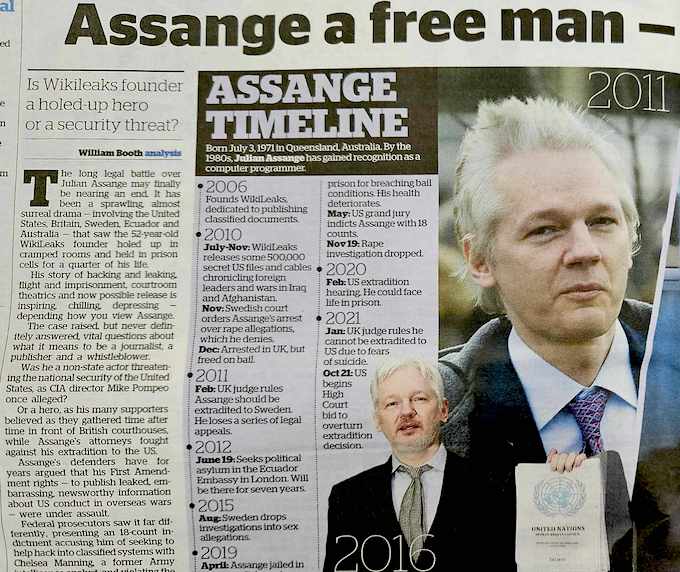
 (@broseph_stalin)
(@broseph_stalin) 